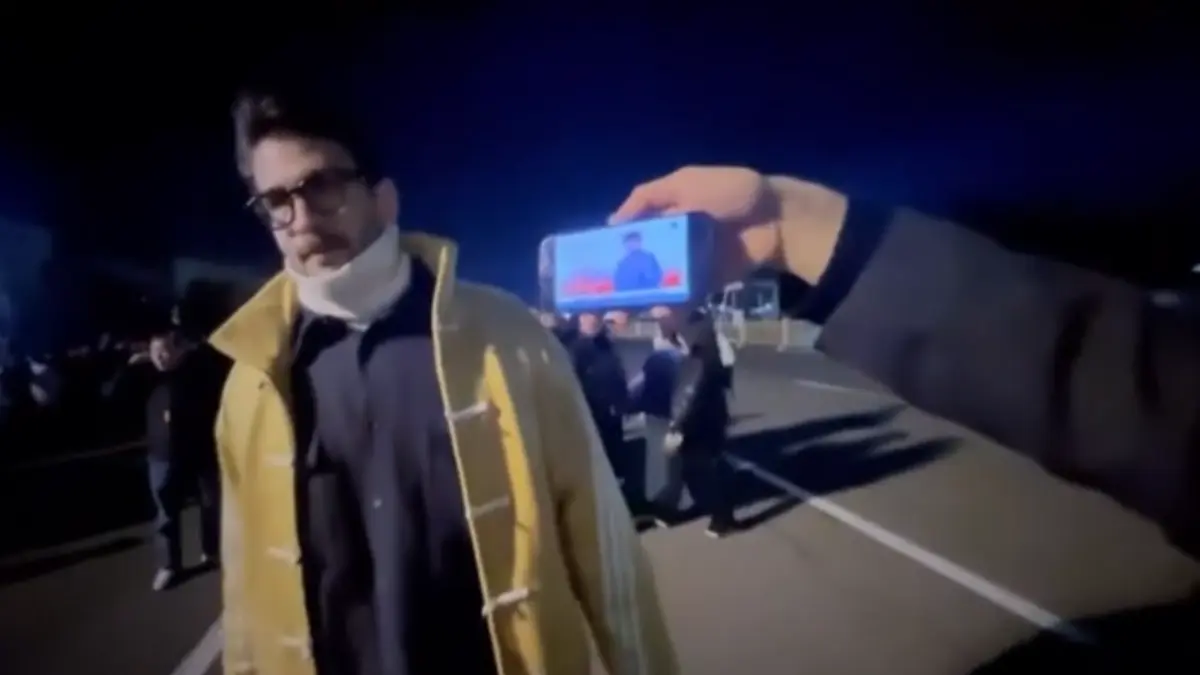Hasan Piker’s Beijing livestream hit an unexpected snag when Chinese security personnel stopped him at Tiananmen Square to check his devices and equipment. The stream went offline for roughly five–10 minutes during the interaction before resuming.
Clips from the broadcast show security officers approaching Piker and his crew while they were filming in the square. Audio captured a companion translating the request: “They want to see your phones.” The group was led aside as officers inspected their devices.
The stream dropped during the inspection. No footage shows any physical confrontation or confiscation of equipment. After the check concluded, Piker continued streaming from other locations in Beijing.
Tiananmen Square operates under strict filming controls. Tourist photography is generally allowed, but professional or commercial broadcasting typically requires permits from authorities. The square maintains heavy security presence with both uniformed and plainclothes officers who routinely check bags and equipment at entry points.
Security appeared focused on verifying what was being filmed and whether the crew had proper authorization. Officers asked to see phone contents and camera rolls according to on-stream translation. The check resembled standard equipment inspections common at the location, particularly when professional camera gear is visible.
Some viewers noted the stop looked consistent with routine security procedures at one of China’s most politically sensitive sites.
When streaming meets state security
The square houses major government buildings and monuments including the Tiananmen Gate and Great Hall of the People. Foreign content creators filming there face scrutiny regardless of their content, as authorities enforce permit requirements strictly. Live broadcasting draws particular attention since it bypasses editorial review.
Western platforms like Twitch are blocked in mainland China without circumvention tools. Streamers typically rely on VPNs to broadcast, which adds another layer of regulatory complexity.

